



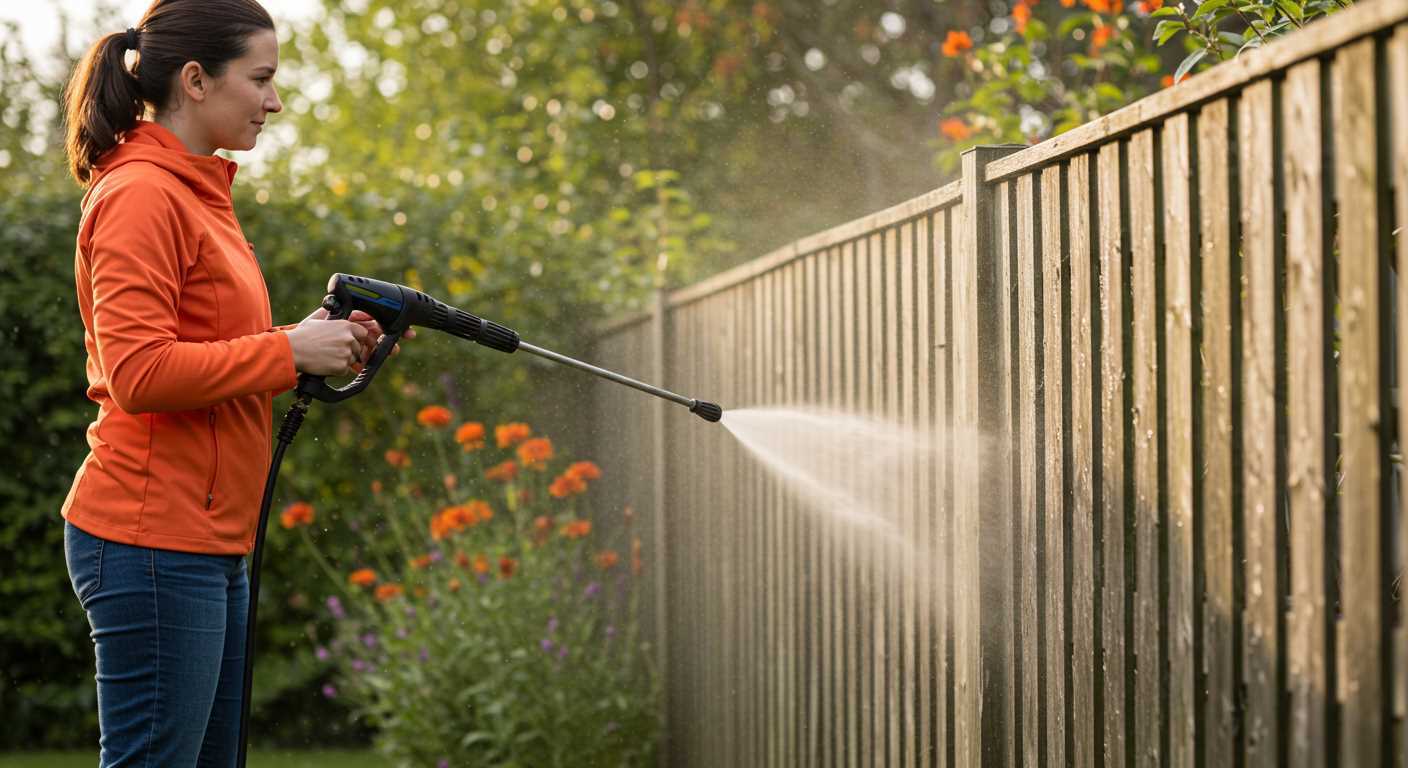
Invest in quality high-pressure equipment; it’s the backbone of any successful cleaning service. I spent over a decade in the industry, testing various models, and my experience taught me one crucial lesson: the right tools can make or break your reputation. Consider investing in reliable brands that offer durability and efficiency. A robust unit might cost more upfront but will save you money in repairs and replacements down the line.
Next, identify your target market. In my tenure, I discovered that focusing on specific niches–like residential homes, commercial buildings, or car detailing–can significantly impact your growth. Tailoring your services to meet the needs of these segments allows for targeted marketing efforts and enhances customer satisfaction. For instance, offering tailored packages for homeowners during spring cleaning seasons attracted a steady stream of clients.
Don’t underestimate the importance of compliance and insurance. Operating without proper licensing and coverage can lead to hefty fines and potential legal troubles. I learned this the hard way when a minor incident resulted in a costly lawsuit. Ensure you research local regulations and obtain the necessary permits before launching your operation. This groundwork builds trust and credibility with your clients.
Finally, focus on marketing strategies that resonate with your audience. Social media platforms, local advertisements, and word-of-mouth referrals were instrumental in growing my clientele. Create engaging content that showcases your work and customer testimonials. Offering promotional deals during peak seasons can also incentivise new customers to give your service a try.
Establishing Your Cleaning Venture
Invest in quality equipment. I made the mistake of opting for cheaper models early on, leading to frequent breakdowns and dissatisfied clients. Choose reliable brands that offer warranties and excellent customer service. This decision pays off in the long run.
Identifying Your Niche
Focus on a specific segment to differentiate yourself. Here are some ideas:
- Residential services: targeting homeowners for patios, driveways, and decks.
- Commercial properties: servicing businesses with larger areas needing maintenance.
- Specialty cleaning: offering unique services like graffiti removal or fleet washing.
Initially, I concentrated on residential jobs. As I gained experience and built a reputation, I expanded into commercial contracts, which significantly boosted my revenue.
Marketing Strategies
Leverage local advertising. Flyers and direct mail campaigns in your neighbourhood can generate interest. Additionally, consider these methods:
- Create a professional website showcasing your services, testimonials, and contact information.
- Utilise social media platforms to engage with the community and share before-and-after photos.
- Network with local businesses and offer referral discounts to encourage word-of-mouth promotion.
In my experience, a strong online presence attracts clients. I invested time in creating engaging content, and it paid off. I still receive inquiries from posts I made years ago.
Keep track of your finances meticulously. Invest in accounting software to monitor expenses and income effectively. This practice helps you to understand your profitability and make informed decisions about growth.
Identifying Your Target Market for Cleaning Services
Focus on homeowners, particularly those with larger properties that require regular maintenance. In my experience, these clients often seek assistance with outdoor spaces, such as driveways, patios, and decks. They value the aesthetic appeal and safety of their environment, which makes them willing to invest in cleaning services.
Consider commercial establishments as well. Restaurants with outdoor seating, retail stores with walkways, and industrial sites often need regular upkeep to maintain a clean image. I remember working with a local cafe that saw an increase in customers after we cleaned their patio area. The difference was noticeable, and they quickly understood the value of my services.
Another segment to explore is property management companies. They frequently deal with multiple properties and require reliable vendors for maintenance tasks. Building relationships with these companies can lead to consistent work. I once partnered with a property manager who managed several apartment complexes. Regular contracts emerged, ensuring steady income.
Don’t overlook real estate agents and home sellers. They often need properties to look their best before showings. I once helped a couple prepare their home for sale, and the transformation was striking. The home sold within a week, and the agent referred me to other clients, creating a ripple effect.
Local businesses also represent a viable market. Gyms, schools, and community centres often need their exteriors cleaned. A memorable experience was cleaning the entrance of a local gym. The owner reported a surge in membership inquiries shortly after, reinforcing the impact of a clean facade.
Networking plays a key role in identifying and reaching your target market. Attend local events, join community groups, and utilise social media to connect with potential clients. I’ve found that word-of-mouth referrals and local recommendations are invaluable. Building a reputation in your community can lead to more opportunities than any advertisement.
Establishing a clear understanding of your target audience helps tailor your services to meet their specific needs. I’ve learned that providing exceptional results and customer service leads to repeat business and referrals. By focusing on these markets, your venture will have a solid foundation for growth.
Choosing the Right Equipment and Supplies for Your Venture
Investing in the right tools can make or break your endeavour. In my decade-long experience with cleaning equipment, I found that selecting high-quality machines tailored to your specific needs is paramount. Always opt for reliable brands known for durability and performance. A machine with a minimum of 3000 PSI is ideal for most residential tasks, while commercial jobs may require upwards of 4000 PSI.
Key Equipment Components
Besides the main unit, consider the following components:
| Component | Description | Recommendation |
|---|---|---|
| Hoses | Choose high-pressure hoses that can withstand extreme conditions. | Rubber hoses with a minimum length of 50 feet. |
| Nozzles | Different nozzles provide varied spray patterns for specific tasks. | Invest in a set that includes 0°, 15°, 25°, and 40° nozzles. |
| Surface Cleaners | These attachments speed up cleaning large flat surfaces. | Look for models with rotating jets for efficiency. |
| Detergents | Quality cleaning agents enhance the effectiveness of the wash. | Use biodegradable options for environmental safety. |
Supplies for Optimal Performance
Don’t overlook the importance of additional supplies. Here’s what I found indispensable:
- Protective gear: Always wear gloves, goggles, and suitable footwear to safeguard against chemicals and debris.
- Water source: Ensure a reliable supply; having a 50-gallon water tank can be a lifesaver in remote locations.
- Transportation: A sturdy trailer or van not only helps transport your equipment but also serves as a mobile workspace.
Building your inventory with quality equipment and supplies sets a strong foundation for your operations. Each piece plays a role in ensuring efficient service delivery and customer satisfaction, both of which will drive referrals and repeat business.
Understanding Local Regulations and Licensing Requirements
Before you get your operation off the ground, familiarising yourself with local regulations is paramount. Each municipality has its own set of rules regarding water usage, waste disposal, and noise ordinances, which can significantly impact your work. I remember launching my first venture and neglecting to check the local guidelines. It led to fines that could have been easily avoided with a little research.
Researching Local Laws
Take the time to visit your local government website or contact your municipality’s office directly. Look for sections on business licensing, environmental regulations, and public health. Some areas may require specific permits for pressure cleaning, especially if chemicals are involved. I’ve seen companies halted mid-operation due to missing permits, so don’t let that happen to you.
Insurance and Liability
Obtaining liability insurance is not just prudent; it’s often a requirement to operate legally. This protects you from potential claims that could arise from property damage or injury during a job. I recall a colleague who faced a lawsuit after an accident on-site. Luckily, he had comprehensive coverage, which saved him from financial ruin. Always consult with an insurance agent experienced in your field to get the right plan.
Compliance with environmental regulations is equally important. If your work involves using chemicals, be prepared to adhere to strict disposal guidelines. Failure to do so can result in hefty fines and damage your reputation. Make sure to stay updated on any changes to these regulations, as local laws can shift.
Ultimately, understanding these local requirements isn’t just about avoiding penalties; it’s about building a trustworthy reputation in your community. Clients appreciate knowing that you operate within the legal framework. This diligence can set you apart in a competitive market.
Developing a Pricing Strategy for Your Cleaning Services
Set your rates based on a combination of factors like operational costs, market trends, and competitor pricing. I found that analysing local competitors provided insights into what customers are willing to pay. For instance, if your rivals charge £70 for a standard driveway clean, consider starting slightly below that to attract initial clients while ensuring your expenses are covered.
Understanding Costs
Calculate your overheads meticulously. Include equipment maintenance, fuel, insurance, and any marketing expenses. I recall a time when I underestimated my fuel costs during peak season, which significantly affected my profitability. A simple spreadsheet can help track these costs and ensure your pricing reflects them accurately.
Value-Based Pricing
Instead of solely focusing on time or materials, consider what value you provide to clients. For example, if your service includes eco-friendly products that ensure safety for pets and plants, you can justify a higher rate. I once charged more for a service that included biodegradable detergents, and clients appreciated the added value, leading to repeat business and referrals.
Adjust your pricing seasonally as well. During busy months, you can increase rates without losing customers, while in off-peak times, consider discounts or packages to maintain steady work. Always communicate the reasons behind your pricing to clients; transparency builds trust and loyalty.
Finally, stay adaptable. Regularly review your pricing strategy to reflect changes in costs and market conditions. I learned this the hard way when I failed to increase my rates for a couple of years, which eventually squeezed my profit margins. Keeping an eye on your financial health is key to long-term success.
Creating a Marketing Plan to Attract Clients
Define your brand identity. Choose a clear name, logo, and colour scheme that reflect your services. This consistency will establish recognition and trust among potential customers.
Utilise Online Platforms
- Website: Develop a professional website showcasing your services, pricing, and contact information. Include customer testimonials and before-and-after photos to demonstrate your work.
- Social Media: Engage potential clients on platforms like Facebook, Instagram, and LinkedIn. Post regular updates, promotions, and educational content about cleaning and maintenance.
- SEO: Optimise your online content for search engines. Use keywords related to your services and local area to improve visibility.
Local Marketing Strategies
- Flyers and Brochures: Distribute promotional materials in your local community, targeting residences and businesses that may require your services.
- Networking: Attend local events, trade shows, and business meetups. Establish connections with property managers, real estate agents, and other local businesses.
- Referral Program: Create incentives for existing clients to refer new customers. Offer discounts or free services for successful referrals.
Consider seasonal promotions to attract clients during peak times, such as spring cleaning or post-storm clean-ups. Highlight any special offers on your website and social media to create urgency.
Track the success of your marketing efforts by measuring leads generated through different channels. Adjust your strategies based on what works best to maximise your outreach.
Building a Reliable Customer Service Approach
Establishing a dependable customer service model is key to retaining clients and encouraging referrals. From my experience, quick response times make a significant difference. Aim to answer inquiries within a few hours, if not sooner. This not only shows your commitment but also builds trust. Use tools like automated response systems to acknowledge customer messages while you prepare a detailed reply.
Personal Touch
Personalisation goes a long way. When I worked with clients, I always made an effort to remember their names and specific service histories. Follow up after a job to ensure satisfaction and inquire if they need anything else. This simple act can turn a one-time user into a loyal customer. Tailoring your communication to reflect their preferences and previous interactions can enhance their experience.
Feedback and Improvement
Encouraging feedback is crucial. After completing a task, send a quick survey or ask for a review. Not only does this show that you value their opinion, but it also provides insights for improvement. I once received a suggestion about scheduling appointments that led to more flexible options for clients, ultimately increasing satisfaction. Remember to act on feedback; clients appreciate seeing their suggestions taken seriously.
Lastly, ensure your team is well-trained in handling customer interactions. Having a knowledgeable staff that can confidently address concerns or questions boosts your credibility. Consider investing in training programmes, especially if you’re using complex equipment like Ryobi pressure washers. Clients prefer to work with professionals who can provide accurate information and resolve issues swiftly.
Building a solid customer service foundation not only enhances your reputation but also lays the groundwork for a successful venture. By focusing on responsiveness, personalisation, and continuous improvement, you create a loyal customer base that will sustain your services long term. For additional context on maintaining equipment, check out this guide on how to clean an old fish tank, which reflects the importance of upkeep in any service-oriented field.
Establishing a Schedule and Workflow for Efficient Operations
Creating a well-structured timetable is paramount. I learned this the hard way when I first started out. I would overbook jobs, leading to delays and dissatisfied clients. Now, I allocate specific time slots for each task, considering travel time and potential delays. For instance, if a job typically takes two hours, I schedule three hours to accommodate any unexpected challenges.
Implementing a Job Management System
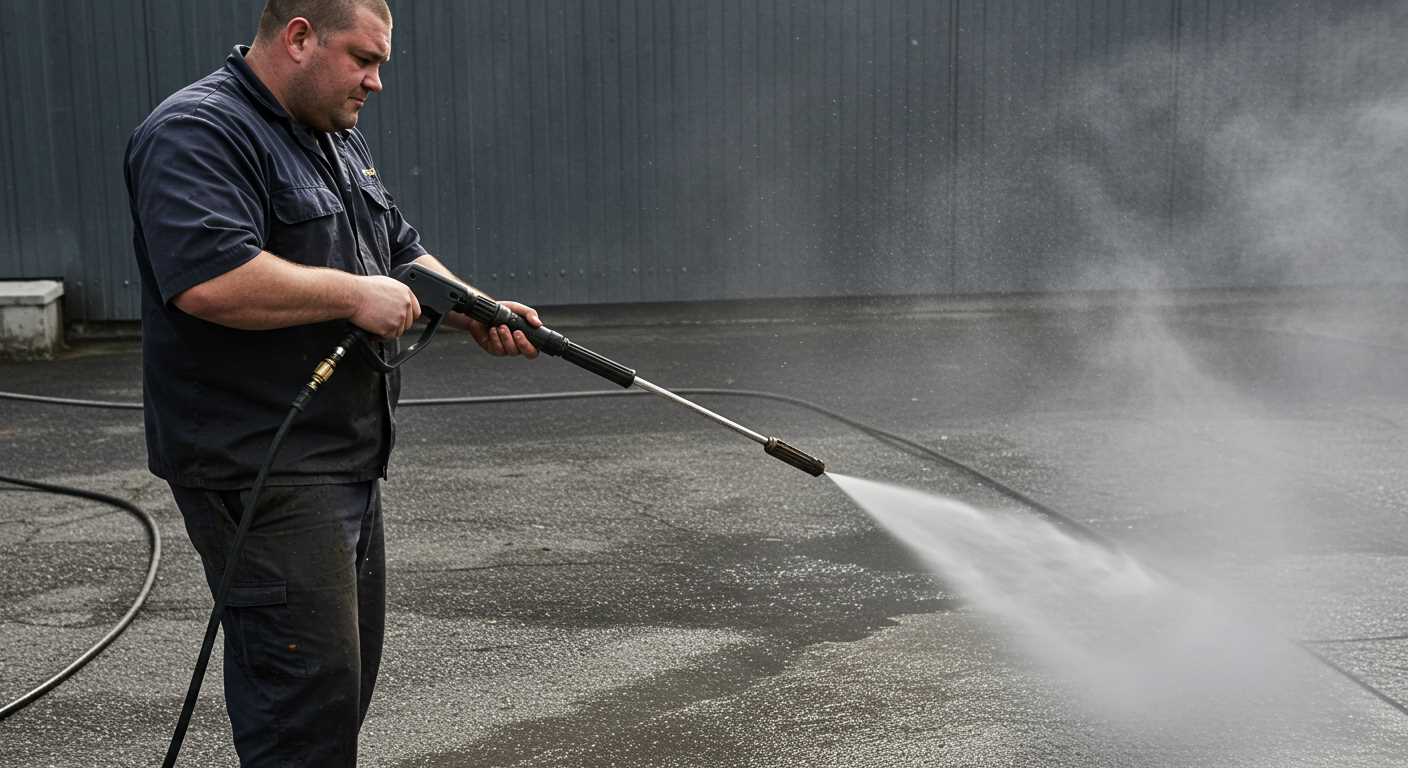
Investing in a job management system transformed my approach to scheduling. I use software that allows me to track appointments, send reminders to clients, and manage invoices seamlessly. This not only keeps me organised but also enhances communication with customers. They appreciate receiving notifications about their upcoming service, which builds trust and reliability.
Optimising Workflow Through Task Segmentation
Breaking down larger tasks into smaller, manageable segments boosts productivity. For example, I divide a residential cleaning project into sections: exterior walls, driveways, and patios. This way, I can focus on one area at a time, ensuring thoroughness. Additionally, I train my team to specialise in certain tasks, allowing for a quicker turnaround without sacrificing quality. Regularly reviewing and adjusting the workflow based on feedback and results keeps operations running smoothly and efficiently.
FAQ:
What are the initial steps to take when starting a pressure washer business?
To kick off a pressure washer business, first, research the market and identify your target audience. Evaluate your competition and define what services you will offer, such as residential or commercial cleaning. Next, acquire the necessary equipment, like pressure washers and cleaning supplies. Don’t forget to check local regulations and licensing requirements. Finally, create a business plan that outlines your goals, pricing strategy, and marketing tactics.
How much capital is needed to start a pressure washer business?
The start-up costs for a pressure washer business can vary widely. On average, you may need between £2,000 to £10,000. This includes purchasing equipment, which can range from £1,000 for basic models to several thousand for high-end machines, as well as costs for insurance, licensing, and marketing. It’s wise to prepare a detailed budget to ensure you cover all initial expenses and have enough funds for operational costs in the early stages.
What marketing strategies are effective for attracting clients to a pressure washer business?
Effective marketing strategies include creating a professional website that showcases your services and customer testimonials. Utilize social media platforms to engage with potential clients and share before-and-after photos of your work. Consider local advertising through flyers, community boards, or partnerships with local businesses. Offering promotions or discounts for first-time customers can also help draw in new clients. Networking within your community can lead to word-of-mouth referrals, which are invaluable in service industries.
What types of services can I offer in my pressure washer business?
You can offer a variety of services in your pressure washer business, including residential cleaning for driveways, patios, decks, and siding. Additionally, consider commercial services for businesses, such as cleaning storefronts, parking lots, and industrial equipment. You might also explore specialised services like graffiti removal or fleet vehicle cleaning. By diversifying your offerings, you can appeal to a broader range of customers and increase your revenue potential.
How can I ensure the quality of my pressure washing services?
To maintain high-quality services, invest in reliable equipment and keep it well-maintained. Train yourself and any employees on proper techniques to avoid damaging surfaces. Use appropriate cleaning agents that are safe for the environment and effective for different materials. Gathering feedback from clients can help you identify areas for improvement. Additionally, consider joining professional associations or taking courses to stay updated on best practices in the industry.
What are the initial steps I should take to start a pressure washer business?
To launch a pressure washer business, begin by conducting thorough market research to understand your potential customers and competitors. Create a solid business plan outlining your services, pricing, and marketing strategies. Next, acquire the necessary equipment, such as pressure washers, hoses, and cleaning solutions. It’s also important to check local regulations and obtain any required licenses or permits. Finally, consider setting up a website and using social media to promote your services and attract clients.
How much money do I need to invest to start a pressure washing business?
The investment required to start a pressure washing business can vary widely based on several factors, including equipment quality and the scale of your operations. On average, you might need between £2,000 to £10,000. This estimate includes the cost of pressure washing machines, necessary accessories, transportation, marketing, and any permits. If you choose to rent equipment initially, your upfront costs could be lower. It’s advisable to create a detailed budget to understand your specific financial needs.

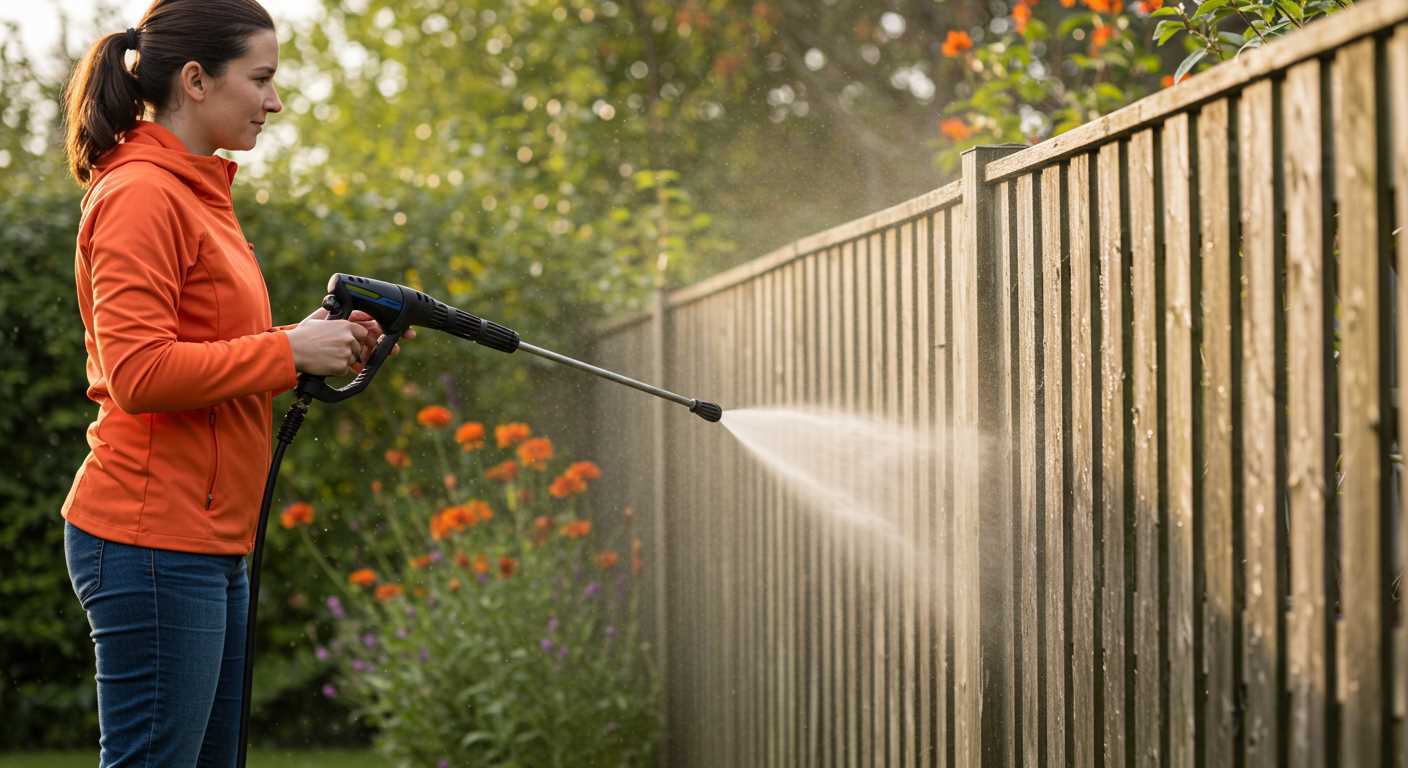



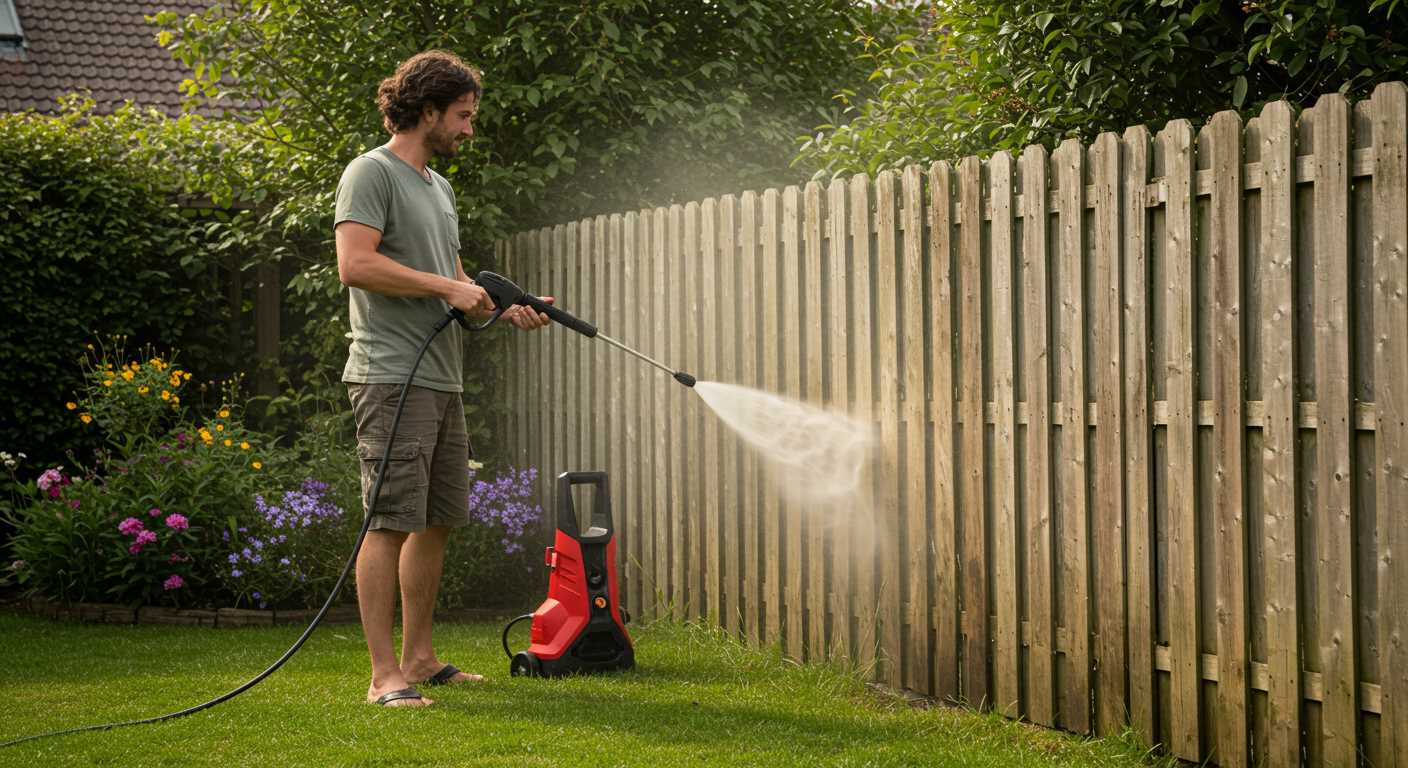
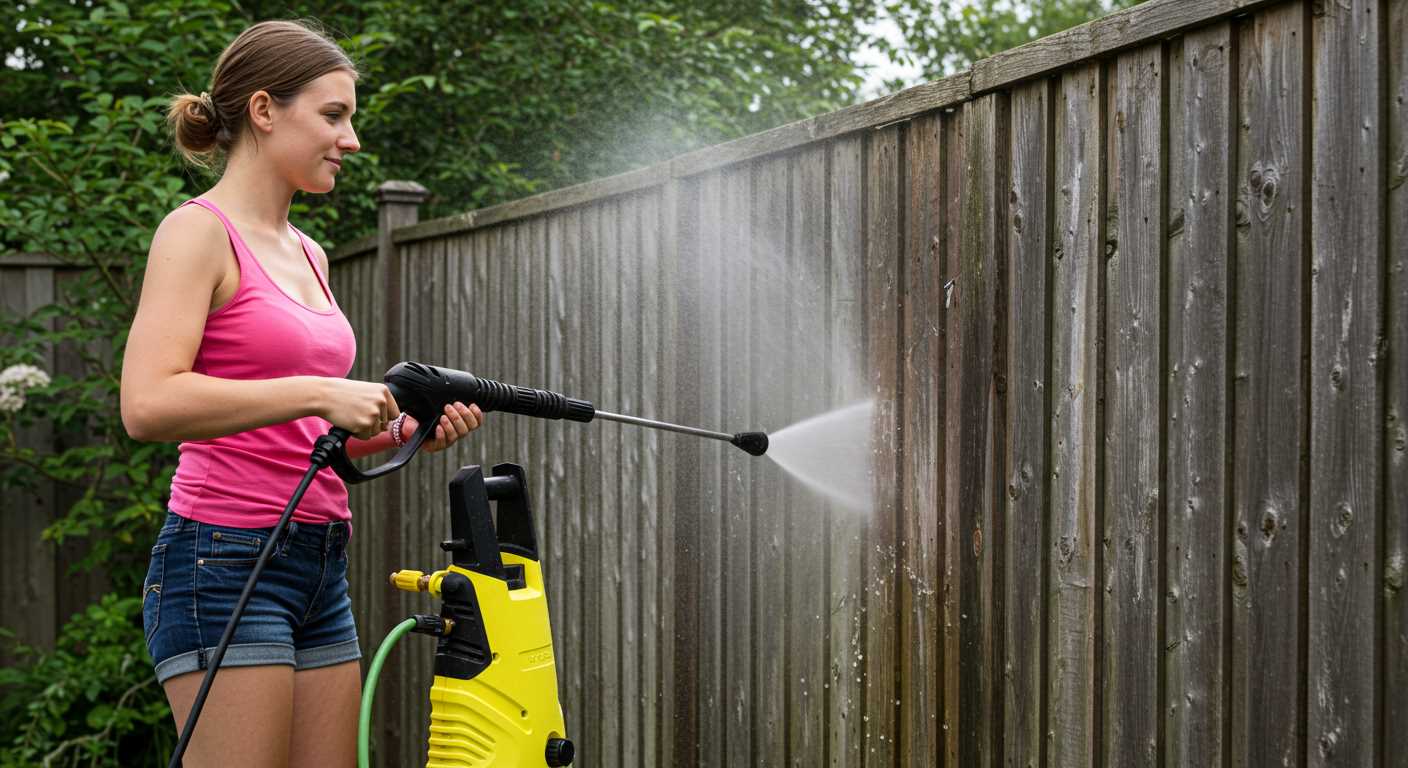
.jpg)


